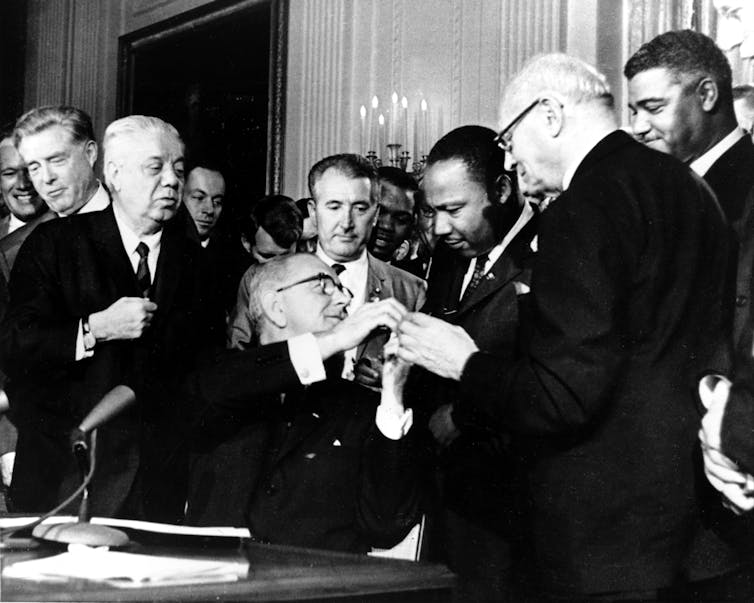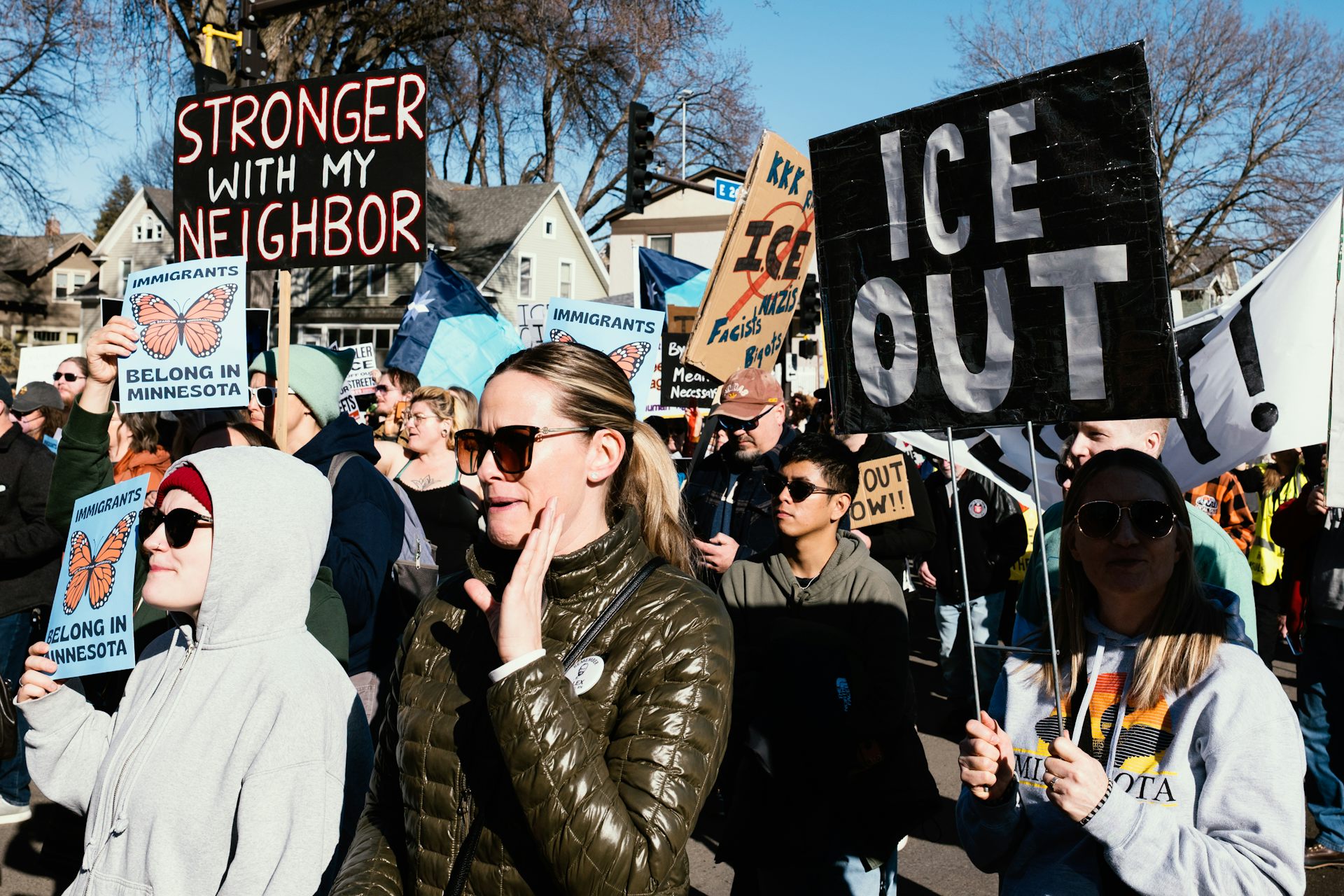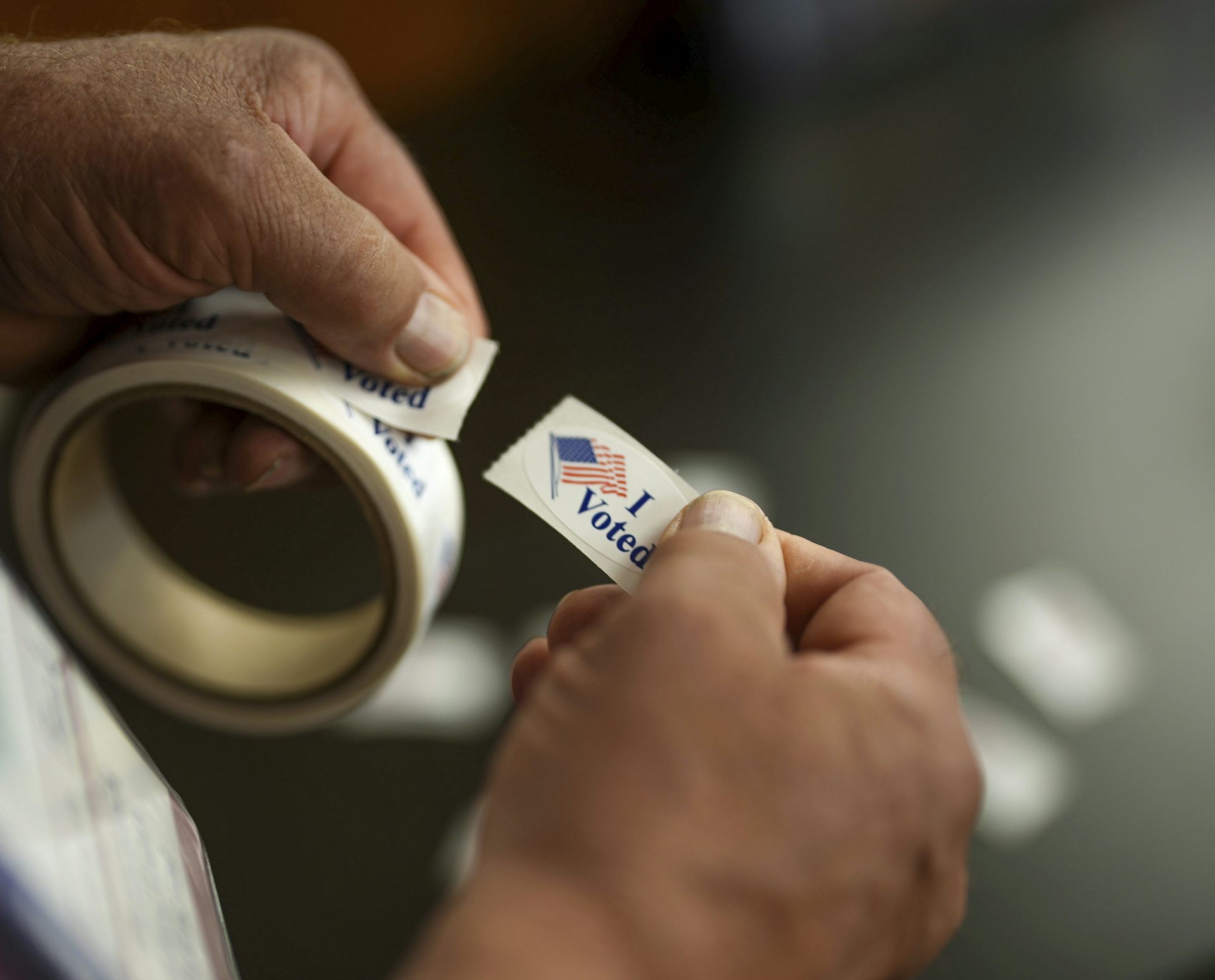Does the Civil Rights Act protect LGBT workers? The Supreme Court is about to decide
The U.S. Supreme Court will rule on how the Civil Rights Act applies to LGBT people. A business law scholar explains why it could be one of the most consequential discrimination cases in decades.
The complicated history of the Civil Rights Act in the U.S. is about to get even more so.
In 1964, the act – specifically, Title VII of the act – made it illegal for employers to discriminate based on race, religion and sex, among other things.
In October 2019, the U.S. Supreme Court heard three cases that raise the question whether the act prevents discrimination toward LGBT workers on the basis of sex.
Two of the cases were brought by men who allegedly lost their jobs because they are gay. The third case addresses transgender discrimination in the workplace.
I’m a professor of business law and I’ve done extensive research in Title VII policy and practice. I believe these cases could be some of the most important in the Civil Rights Act’s history.

A brief history of sex discrimination
Title VII’s protected class of sex was complicated from the start.
The original bill didn’t include protections for sex discrimination. U.S. Rep. Howard W. Smith of Virginia added those protections with a one-word change to the bill during the debate on the House floor.
Later, in 1978, Congress added the Pregnancy Discrimination Act to the Civil Right Act. The change came after the Supreme Court ruled in 1976 that pregnancy discrimination was not “because of sex” and couldn’t be found illegal under the original Title VII language.
This history is important given the rise of “statutory originalism” and “textualism” in judicial interpretation.
Originalism means courts should interpret laws based on their original intent or purpose.
Relatedly, judges who subscribe to textualism believe they should evaluate the words of a statute enacted by Congress only and not consider evidence outside the statutory language.
One of the two new justices sitting on the Supreme Court hearing the cases of LGBT workplace rights, Justice Neil Gorsuch, employs textualism and originalism in judicial interpretation.
A path to LGBT rights
LGBT rights weren’t debated as part of the original Title VII, suggesting that Gorsuch and other judges inclined to originalism would not consider them protected by the act.
If the Supreme Court could find pregnancy discrimination was not “because of sex” and required an amendment to Title VII to prohibit pregnancy discrimination, it suggests that the Court could interpret the protected class of sex very narrowly.
However, critics reject this “original meaning” approach to Title VII interpretation related to LGBT rights.
And it is true that the court’s interpretation of the meaning of sex discrimination within Title VII – case law that has developed over more than 50 years – includes Supreme Court decisions that offer broader meaning to its language, specifically with regard to sex-stereotyping.
In 1989, the court held that Title VII prohibited an employer from denying opportunities to a woman based on “stereotypical notions about women’s proper deportment” in Price Waterhouse v. Hopkins.
In that case, Ann Hopkins received advice from her employer that, if she wanted to make partner at the firm, she should act more feminine. The Court’s ruling meant that negative employment actions by an employer based on employee’s gender non-conformity are prohibited under Title VII.
Title VII protections expanded further with Oncale v. Sundowner Offshore in 1998 when a unanimous Supreme Court held that same-sex harassment is sex discrimination under Title VII. The case involved a man working on an oil rig being bullied by other men because he was considered effeminate.
The majority opinion was written by Justice Antonin Scalia, then the avowed originalist on the Court.
These precedents in sex-stereotyping and same-sex harassment offer an avenue for the Court to hold that Title VII prohibits discrimination against LGBT individuals in employment.
Same-sex marriage and the Cakeshop case
Despite this, some lower courts have routinely held that Title VII does not bar discrimination on the basis of sexual orientation.
Lower courts’ inconsistent interpretations of Title VII have resulted in varying rights for employees depending on the location of their workplace. A Supreme Court decision on this question would create the same set of rights for employees across the country.
Just four years ago, the Supreme Court required all states to grant and recognize same-sex marriages in Obergefell v. Hodges. Justice Anthony Kennedy, who wrote the majority opinion in that narrow decision, has since retired and has been replaced by Trump appointee Brett Kavanaugh.
Also since the same-sex marriage decision, many states have passed religious liberty statutes and the Court has considered the religious liberty claim on a national level. In Masterpiece Cakeshop v. Colorado Civil Rights Commission, the Court found that a Colorado Civil Rights Commission was hostile toward the religious objections of a cake shop owner who refused services to a couple entering a same-sex marriage.
In that case, the Court was able to issue a narrow ruling that sidestepped the broader First Amendment issues of free exercise of religion and free speech.
Could that happen here? I think the Court is unlikely to sidestep the central question of Title VII’s application to LGBT employees presently under consideration, both because the circuit courts have issued inconsistent rulings and because the justices’ questions during oral arguments squarely addressed the claims.
If I’m right, these cases will be among the most important workplace discrimination cases in decades and will redefine the rights of LGBT employees across the country. The decision is expected in mid-2020.
[ You’re smart and curious about the world. So are The Conversation’s authors and editors. You can read us daily by subscribing to our newsletter. ]
Julie Manning Magid does not work for, consult, own shares in or receive funding from any company or organization that would benefit from this article, and has disclosed no relevant affiliations beyond their academic appointment.
Read These Next
Minneapolis united when federal immigration operations surged – reflecting a long tradition of mutua
Minnesotans from all walks of life, including suburban moms, veterans and protest novices, have bucked …
How to prevent elections from being stolen − lessons from around the world for the US
As President Trump and other Republicans cast doubt on the legitimacy of the US electoral system, other…
Abortion laws show that public policy doesn’t always line up with public opinion
Polls indicate majority support for abortion rights in most states, but laws differ greatly between…






